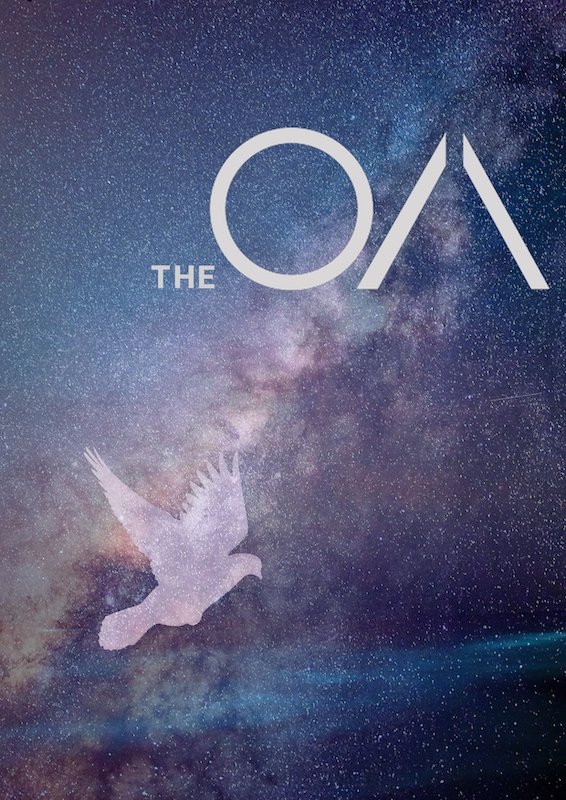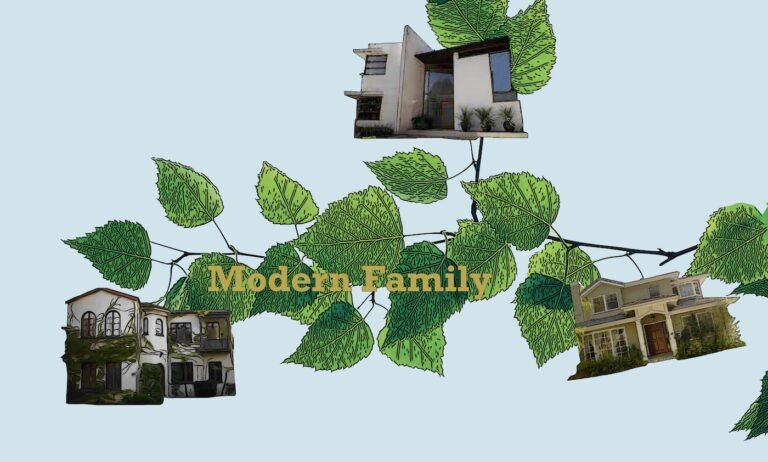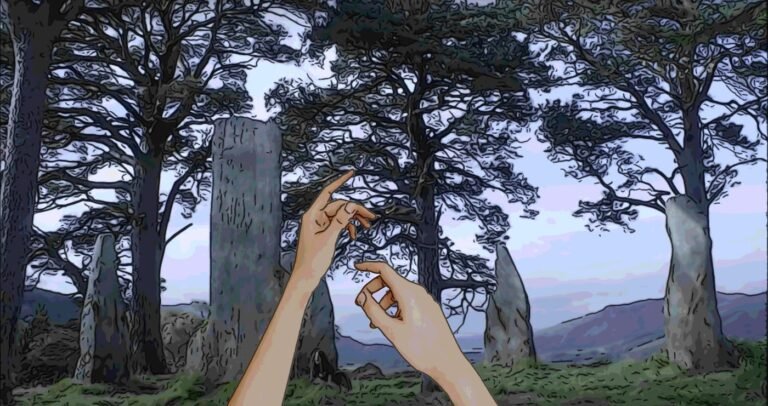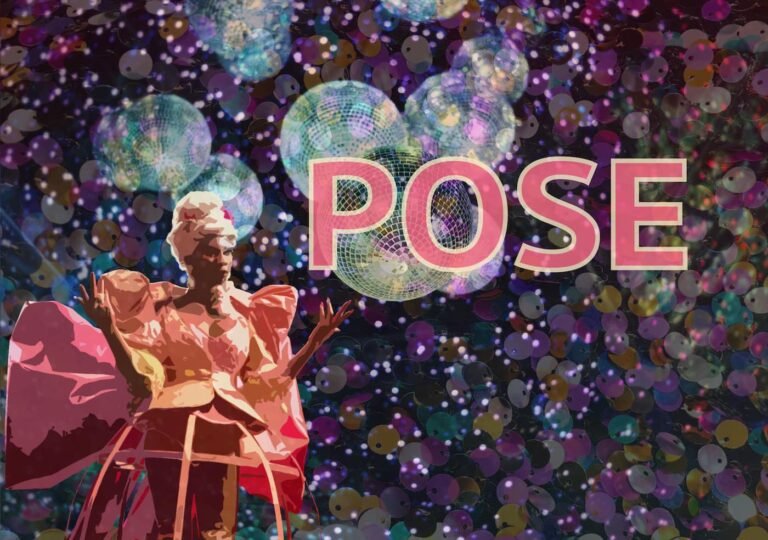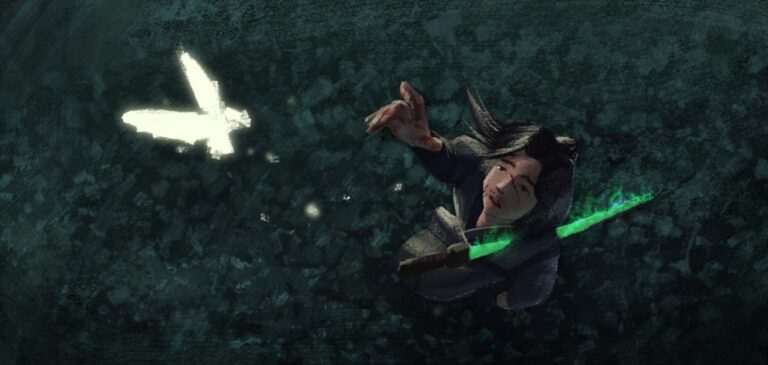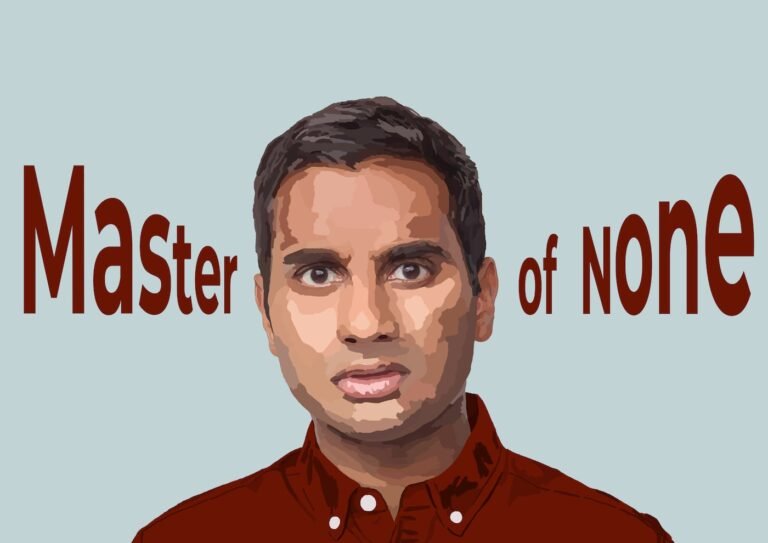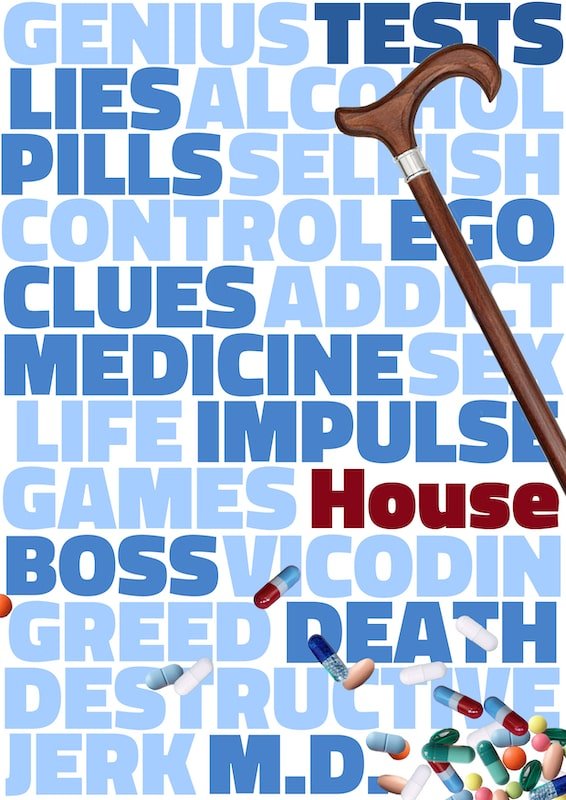At first engrossed by such an original tale, my interest soon waned as the initial fast-paced traction of developments became lost to a sort of wallowing, but boy was I wrong to have stopped. Yes, the second season, though far more intense and exciting in its every step, needs the bones and basis of the first. Its early episodes a psychological mind-bender as Prairie (Brit Marling) aka the OA is found seven years after having gone missing, her world transformed, while miracles unfold around her. The stories she tells being beyond fantastical – her missing years, travels, adoption into middle-class America, and most interestingly of all being the child of an influential oligarch living in Russia – and yet stills retains a magical realism to it all.
Changed in more ways than can be imagined, both physically and emotionally, Prairie’s community becomes fascinated by her, as is the media, but this soon fades and she’s left with a base of individuals who’ve been discarded by their peers and society – but want to believe in more, to believe in her. Escapism being more than just an appeal when faced with personal home issues of; sexuality, gender, loss, loneliness, addiction, violence and neglect. They’re trapped in their lives and though it’s not the same as those imprisoned in Prairie’s memories, it’s still a prison.
Able to see the hurt in others and relate to it, Prairie soon has the group opening up to herself and to each other. Especially for troubled teen Steve (Patrick Gibson) who yearns for the support he’s missing, as do many of the characters, and like them finds it in Prairie/OA. But just what does the ‘OA’ – stand for…well you’ll just have to wait as we’re taken on a journey of discovery. But to get to the end Prairie will need her group of followers, not just to survive and navigate the horrors of her life, but to help her move on to the next step, but what is this really?
Throughout the first season we’re left to feel uneasy as to just who Prairie is, is she lying about her past? Telling a mind-bending truth? Or so psychologically tortured that she’s lost all sense of reality? And in doing so is leading others down a dangerous path? But her group isn’t gullible or naïve, having their own doubts about Prairie’s impossible stories, and yet their disbelief somehow validates her experiences. A clever move by the creators who don’t shy away from what the audience will wonder and question, and so instead have the characters try to find the answers. All the while telling us that it’s like an intuition; something that can’t be translated into words but that you just have to believe – and you do.
Brit Marling has created one of TV’s most compelling characters in Prairie – her life being rich in excitement and unparalleled to anything heard or experienced before. She’s utterly engrossing. But it’s also a torment waiting to find out what happened to her and what will happen. Thankfully, the second season provides the answer to many of our questions, the most annoying being who is Prairie?
Less emotionally draining, and more adventure seeking, season two divides earlier groups and introduces new characters to give multiple perspectives and stories to follow – ones you hope will merge together in time. For example, the likeable Fola (played by Zendaya) although she’s not nearly in it enough, and the charismatic Karim (Kingsley Ben-Adir) a welcome addition to season two, who acts a joint co-star to Brit Marling. His character’s confidence in the world, whilst still combined with an eager curiosity, gives us something that season one didn’t have – a stable character. Removed of any obvious baggage, he’s a fresh start and through his journey into the turbulent world of The OA he’s the audience’s go-to base, and all-round good guy you can rely upon.
Originally the writers had planned for five seasons of The OA, but sadly it was cancelled after just two, despite the second season having rave reviews. This does mean the final episode ends on the most piercingly sheer cliff-hangers to ever haunt TV. However, and this seems hard to come back from, the eye-opening finale is what makes the series so fantastic; breaking all the walls of writing, to become something that’s beyond being just self-referential.
A mystery not just wrapped but created from an enigma, The OA just keeps getting better with a goody bag of other areas to fall in love with; fantasy, social commentary and drama. To realise the full impact of its relationships, you can’t miss an episode, and surprisingly some of its characters you can’t imagine living without, even as you hate them.
One of these is Hap; the antagonist to Prairie’s light. Hap (Jason Isaacs) is an obsessive scientist who’s fixated on mapping unchartered waters, with Prairie being both his solution to them and his new obsession, but she only has eyes for the somewhat wet drip called Homer (Emory Cohen). Not that I like Hap, but he’s got better moves than Homer, somehow building a tunnel and underground bunker, aquarium cell/tanks (look out for the mirroring of this), electronic test kits and more, all by himself – impressed? Most definitely, but this also means he’s an evil genius. So at least Homer does have one thing going for him, along with spawning a series of epic dance moves with Prairie that might just lead Hap to the new land he’s so desperate to find.
In presenting a tale as unique as The OA, it makes sense that it would break with the typical formatting; the length of each episode justified by the story being told, meaning they can vary from roughly thirty minutes to over an hour. Just why hasn’t this been done before? From episode one it subverts away from the expected with the opening credits beginning at nearly an hour in and just ten minutes from the end – for it’s here that Prairie begins the narration of her life by starting with the loss of another, its climate, wealth and time being so different from America’s present day. The show subtly commenting on America’s state; there are houses unfinished, a poor welfare system that leaves children acting as parents, economic differences, and a school system of teaching that’s given up on the students, not to mention gun control.
Engaging, The OA will surprise you at every turn. Its path leading to where angels fear to tread, but still do, and all the while holding your hand as it takes you into its chaotic existence.
Creators: Zal Batmanglij & Brit Marling

